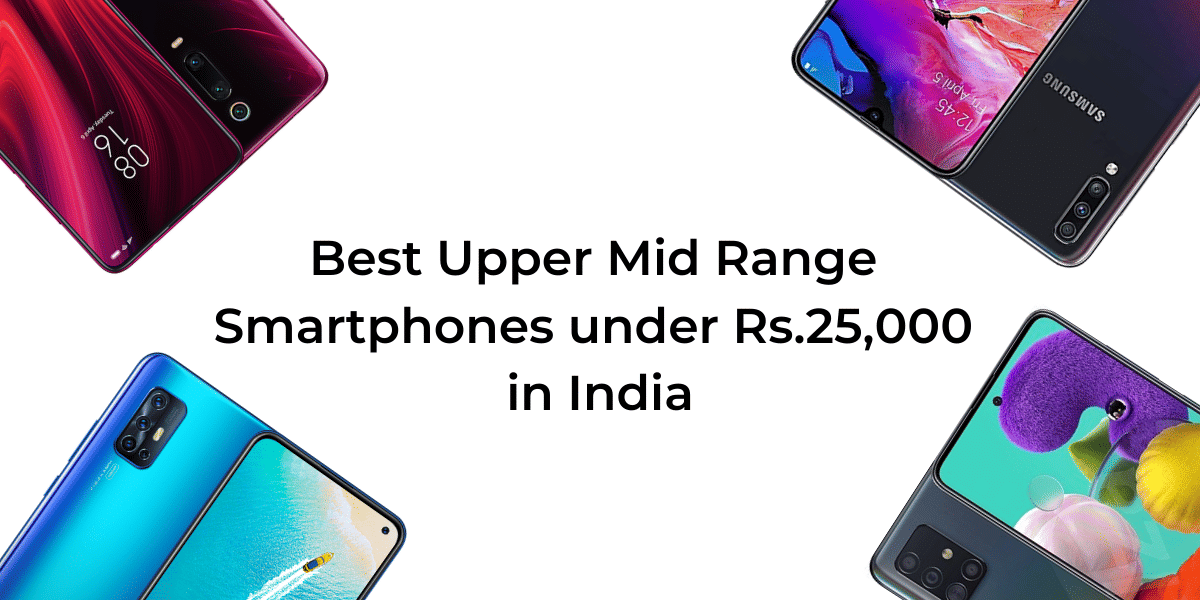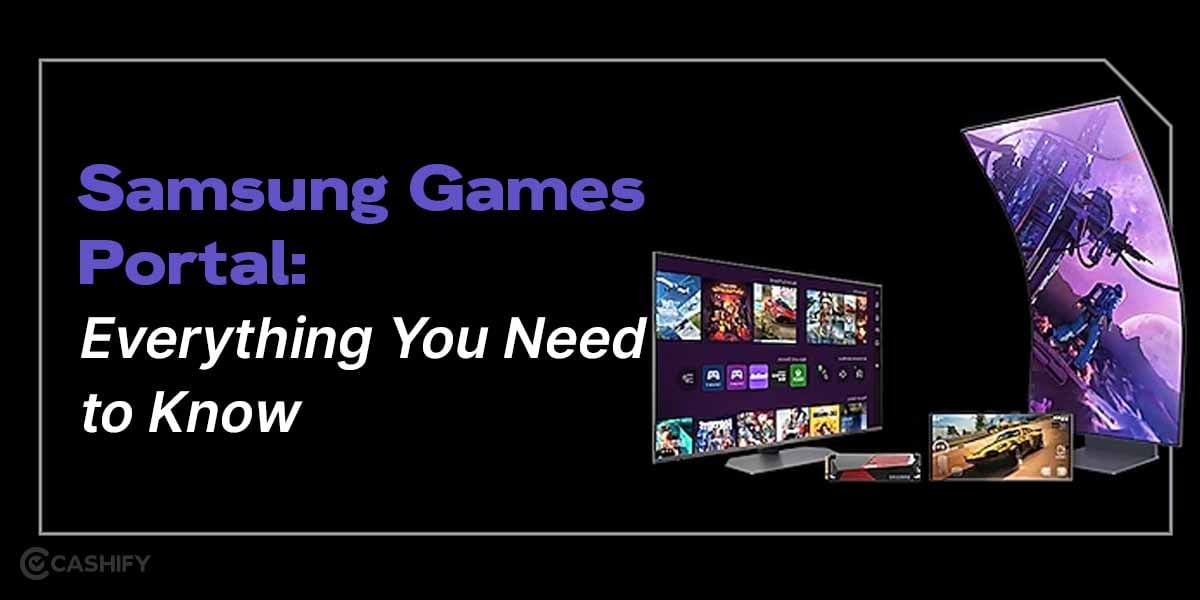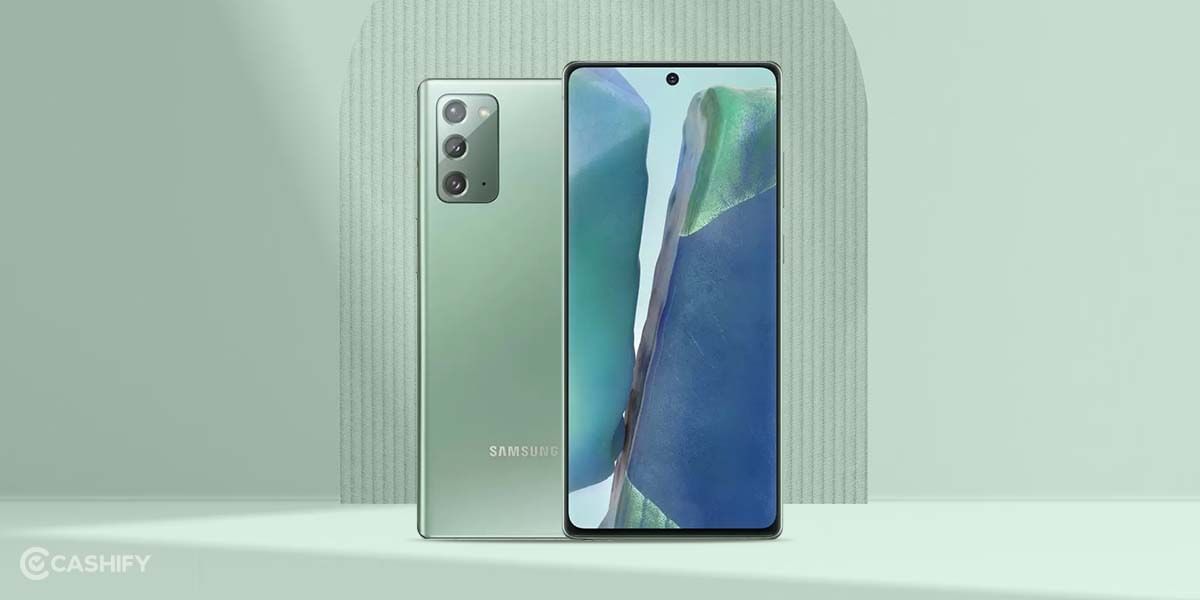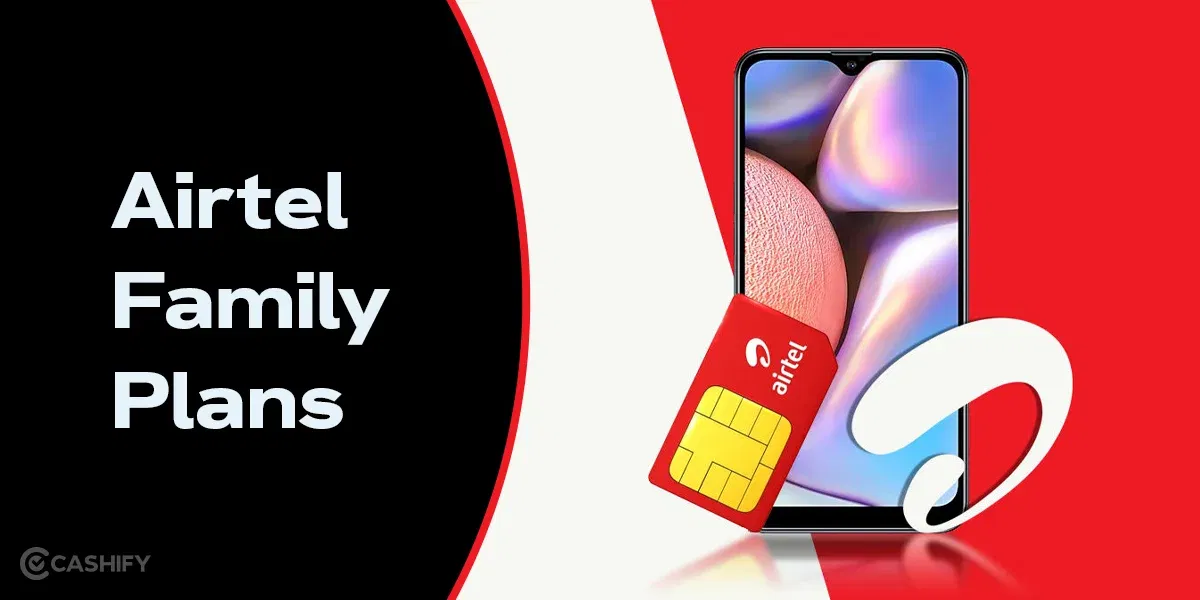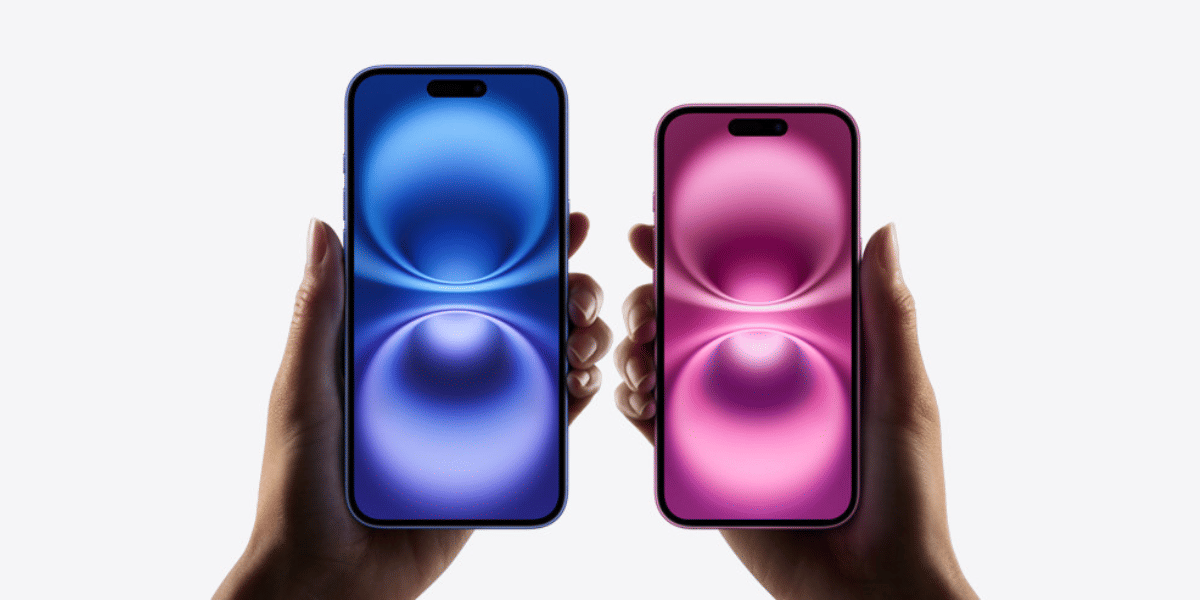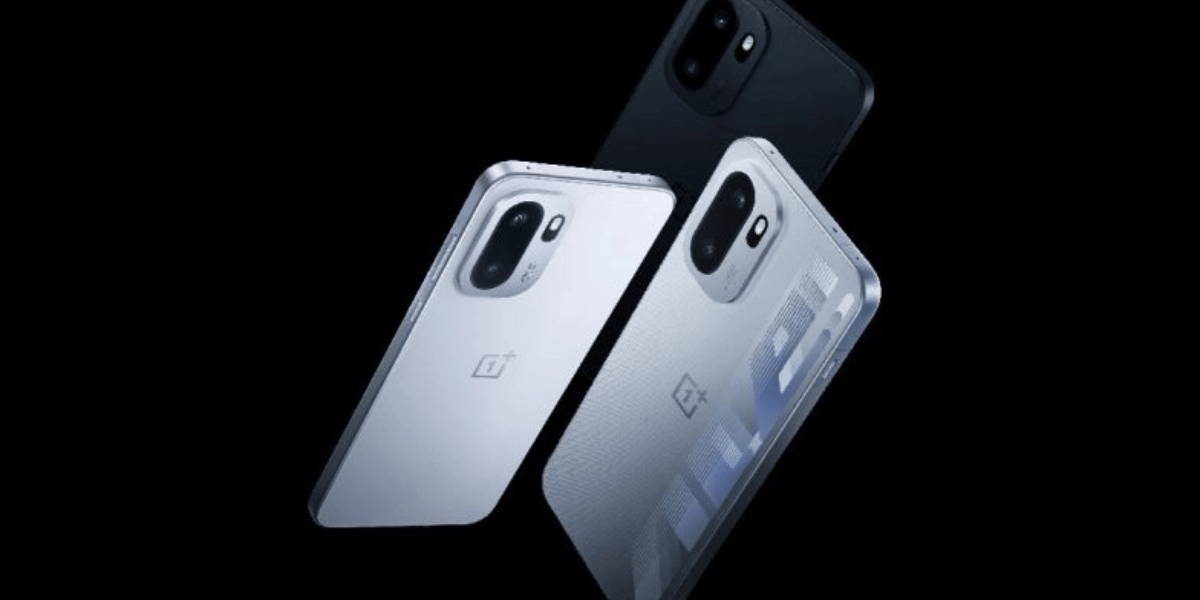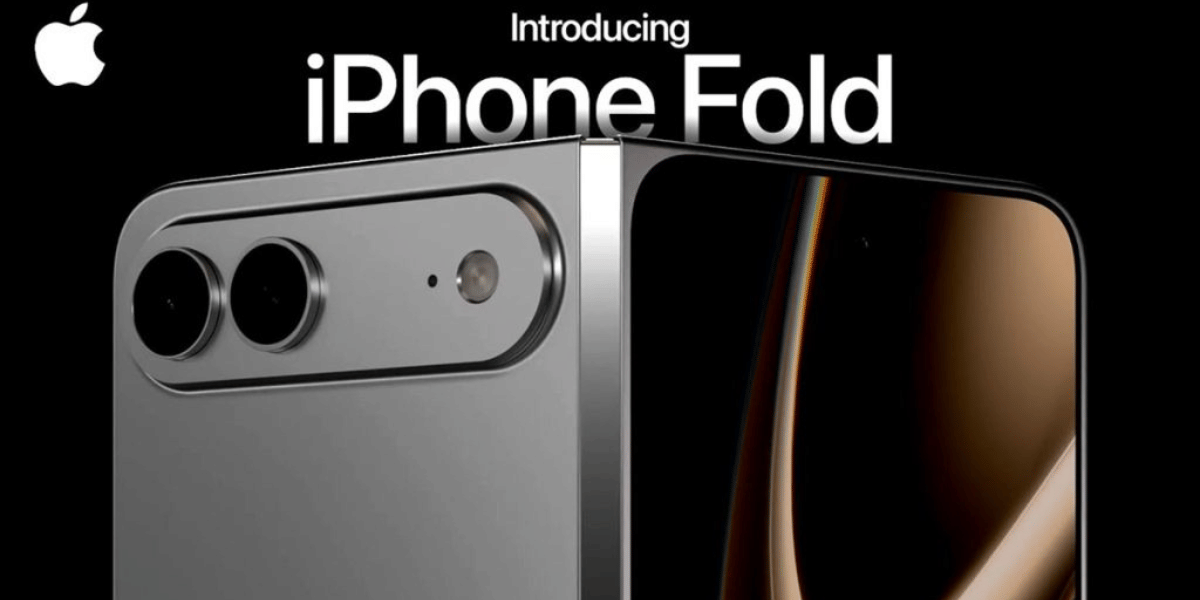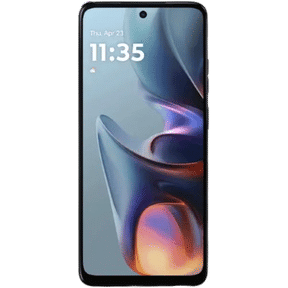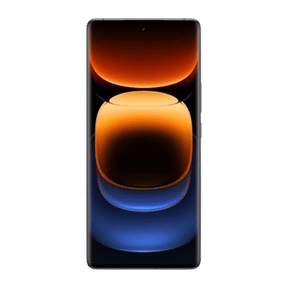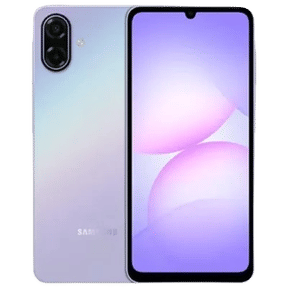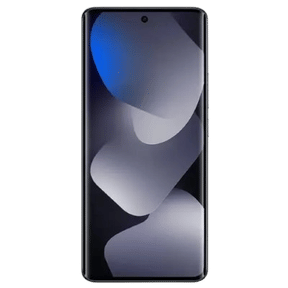One of the most trending topics on everyone’s mind regarding smartphones is the 5G network. It is worth mentioning that 5G is a network that currently has a very limited range and availability. This network is still under development and some parts of the US, Europe, and China only have it. However, there are already smartphones that have been coming out with 5G support. This is because all the latest smartphone processors now support 5G networks either through a separate 5G modem or have in-built support. It is also worth noting that while you did not need to buy a new phone for upgrading from 3G network to 4G, you will need a new smartphone to get a 5G network.
Also read: What Is WIFi Calling And How Can You Use It?
This is because a separate 5G modem is needed for this network and you don’t have that on your current smartphone.
But prior to that, you must understand what is a 5G network and what are its advantages and disadvantages:
What is 5G?
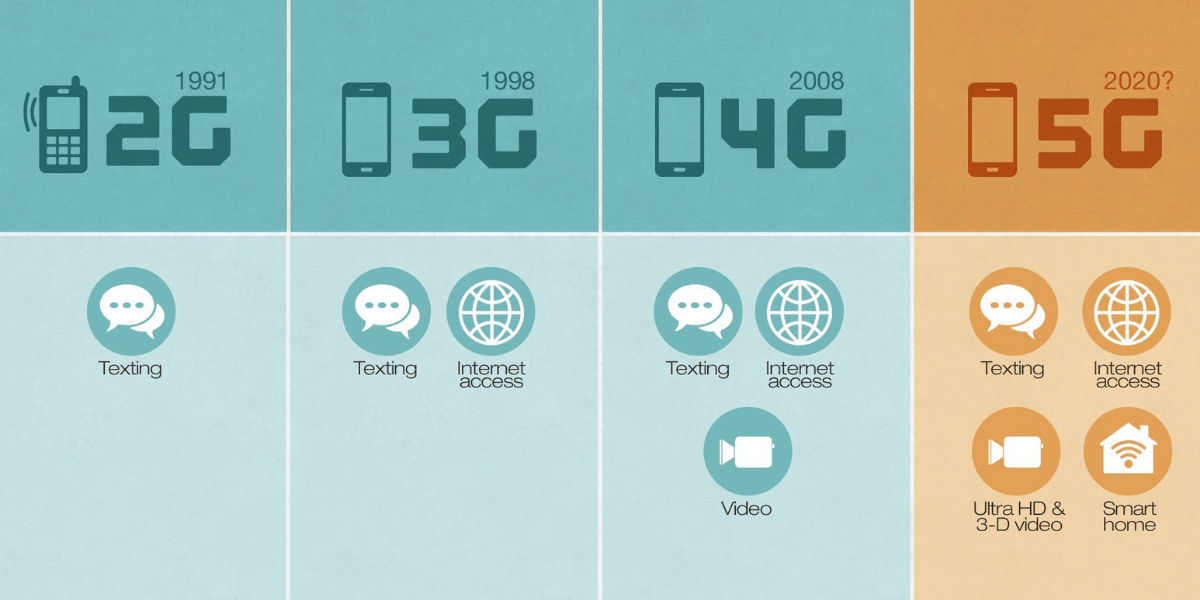
5G is basically the fifth generation of cellular wireless networks the same as 4G was the fourth generation and so on. It is also worth noting that the standards for 5G were first set in 2017-end and the rollout has been happening since then.
Now, the most interesting part about 5G is that it does not have one standard as we saw with the 4G network.
With 5G, you have two options which are either somewhat slower, but still faster than 4G, network with a wide range of coverage. Or you can get 5G networks which give you Gigabit speeds up to 1GB/s but with a very limited coverage area. This is where things get interesting with the 5G network. There are three bands for a 5G network which are low, mid and high bands. It is worth noting that there is currently no smartphone that supports all the 5G bands. This means that you have to make a choice whether you want low-band, mid-band or high-band 5G.
Also read: Smartphone Buying Guide: Things To Know Before Buying A New Smartphone
Low-band 5G
Low-band 5G is one of the most popular band right now because of the fact that it has a great coverage area. However, the problem with low-band 5G is that it gives slow speeds that are slightly faster or sometimes similar to a 4G network.
This means that upgrading from 4G to low-band 5G will not show you a real difference. However, it is the most reliable 5G band for now and many carriers operate on this band.
Mid-band 5G
Mid-band 5G is the middle ground between higher speeds and network coverage. These bands have a coverage area of up to half a mile from the tower to your phone. Thus, it is the most preferred 5G band in Europe since it does provide a significant upgrade to 4G speeds while still providing reliability in network coverage.
High-band 5G
High-band 5G also known as millimetre wave or mmWave 5G is the gold standard of a 5G network at the moment. But that does not mean that it is the band of 5G available right now. This is because the mmWave 5G provides blazingly fast speeds for the internet that cross 1GB/s in both uploads and downloads. But the huge problem with mmWave 5G is that its range is extremely short. Basically, you will get those network speeds only when you are standing right next to the 5G tower without any obstacles in between. It is extremely sensitive to obstacles too such as walls, houses, or any such blockage. It is also seen to be a battery-hog meaning that the network sucks out the juice out of the phone which makes it barely run for half a day on a full charge.
Also, the problem with mmWave 5G is that since its network coverage is too low, you will need to have 5G towers at every corner of the city which are called “small cells”. This is also costly and time-consuming while the network is still not guaranteed which is why mmWave 5G is not the most preferred 5G band right now.
How 5G works?
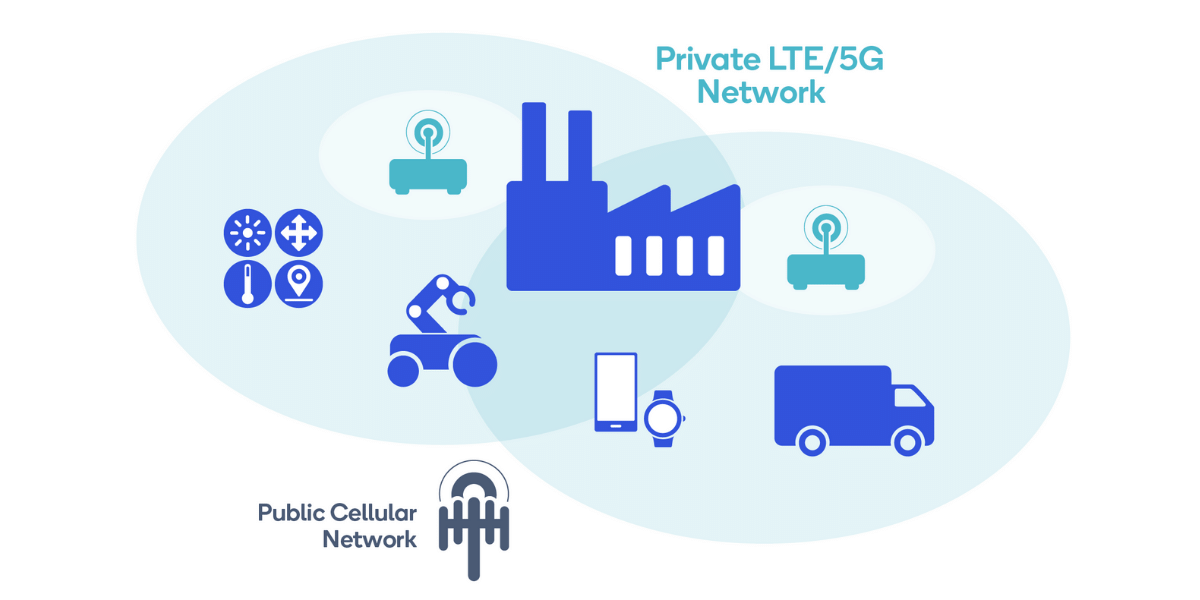
Now that you have understood all the different types of 5G bands and their advantages and disadvantages, you should also understand how the 5G network works.
First of all, it is to be noted that the 5G network works similarly to other networks in the sense that it uses a system of cell sites that divide the territory and radio waves carry encoded data for communication. These cell sites are also connected by their base known as “network backbone” that can either be a wireless connection or a wired one. Also, 5G networks use a type of encoding which was also used by 4G LTE networks known as OFDM. Since the encoding is more efficient, the 5G network can get 30% higher speeds as compared to 4G LTE which is where the real difference lies. However, the downside is that the 5G network is designed for lower latency and greater flexibility.
5G network speeds are claimed to be close to Gigabit LTE because the network works on much larger channels ranging from 100MHz up to 800MHz. In comparison, the 4G network only used 20MHz to 160MHz channels. The main advantage of a 5G network will be felt when it comes to home internet. This is because we saw that with 4G home internet, people had to dig up their streets and lay cables so that the internet could reach their homes. With 5G however, this will not be the case as 5G home internet can be installed with installing fiber optics to a cell site every few blocks and then giving customers wireless modems.
Another application of 5G could be driverless cars. Currently, we see that driverless cars are available on the roads but they need to have a constant connection with the servers on which they are running to get commands. With the 5G technology, we can see an almost unbreakable connection between driverless cars and its servers which will mean that it will become more reliable.
Also read: Battery Tips: How To Extend Your Smartphone Battery’s Life




